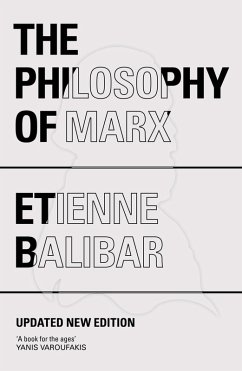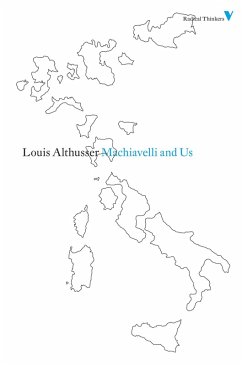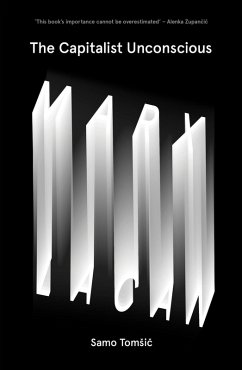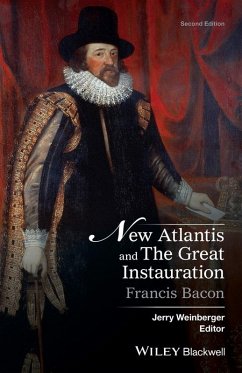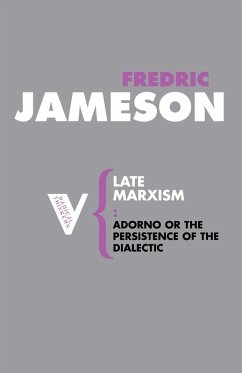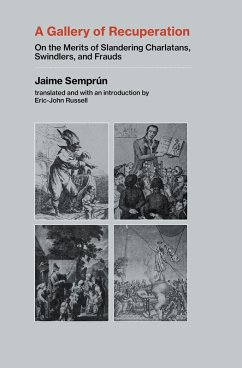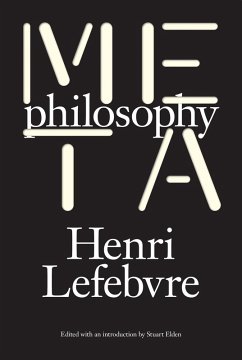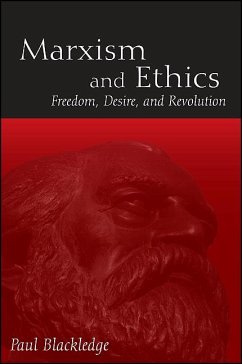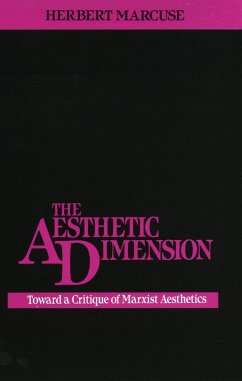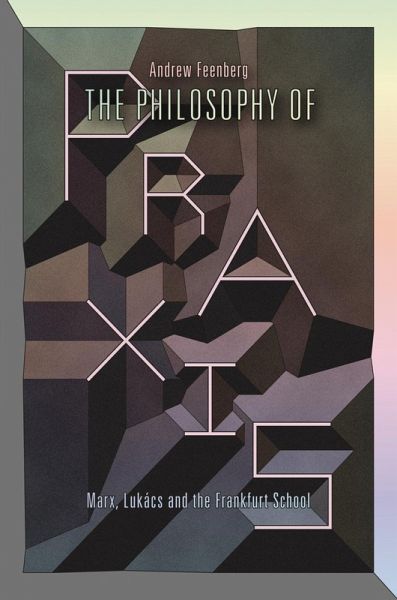
The Philosophy of Praxis (eBook, ePUB)
Marx, Lukács and the Frankfurt School
Versandkostenfrei!
Sofort per Download lieferbar
16,95 €
inkl. MwSt.
Weitere Ausgaben:

PAYBACK Punkte
8 °P sammeln!
The early Marx called for the "realization of philosophy" through revolution. Revolution thus becomes a critical philosophical concept for Marxism, a view elaborated in the later praxis philosophies of Luk¿cs, and the Frankfurt School. These philosophers argue that fundamental philosophical problems are, in reality, social problems abstractly conceived. This argument has two implications: on the one hand, philosophical problems are significant insofar as they reflect real social contradictions; on the other hand, philosophy cannot resolve the problems it identifies because only social revolut...
The early Marx called for the "realization of philosophy" through revolution. Revolution thus becomes a critical philosophical concept for Marxism, a view elaborated in the later praxis philosophies of Luk¿cs, and the Frankfurt School. These philosophers argue that fundamental philosophical problems are, in reality, social problems abstractly conceived. This argument has two implications: on the one hand, philosophical problems are significant insofar as they reflect real social contradictions; on the other hand, philosophy cannot resolve the problems it identifies because only social revolution can eliminate their causes.
Realizing Philosophy traces the evolution of this argument in the writings of Marx, Luk¿cs, Adorno and Marcuse. This reinterpretation of the philosophy of praxis shows its continuing relevance to contemporary discussions in Marxist political theory, continental philosophy and science and technology studies.
Realizing Philosophy traces the evolution of this argument in the writings of Marx, Luk¿cs, Adorno and Marcuse. This reinterpretation of the philosophy of praxis shows its continuing relevance to contemporary discussions in Marxist political theory, continental philosophy and science and technology studies.
Dieser Download kann aus rechtlichen Gründen nur mit Rechnungsadresse in A, D ausgeliefert werden.




